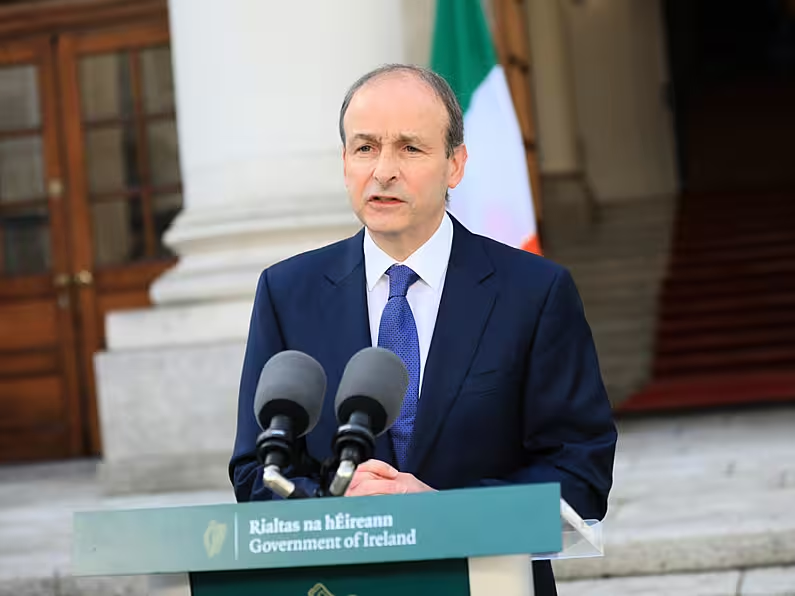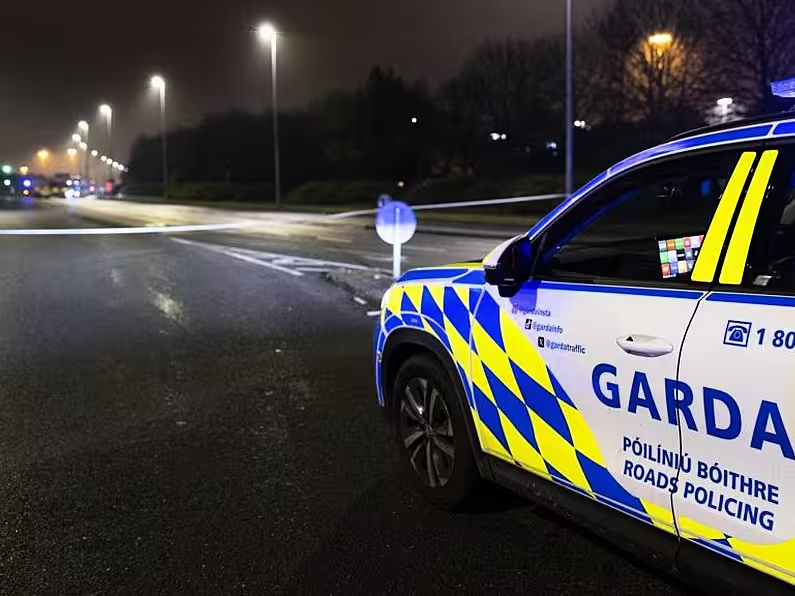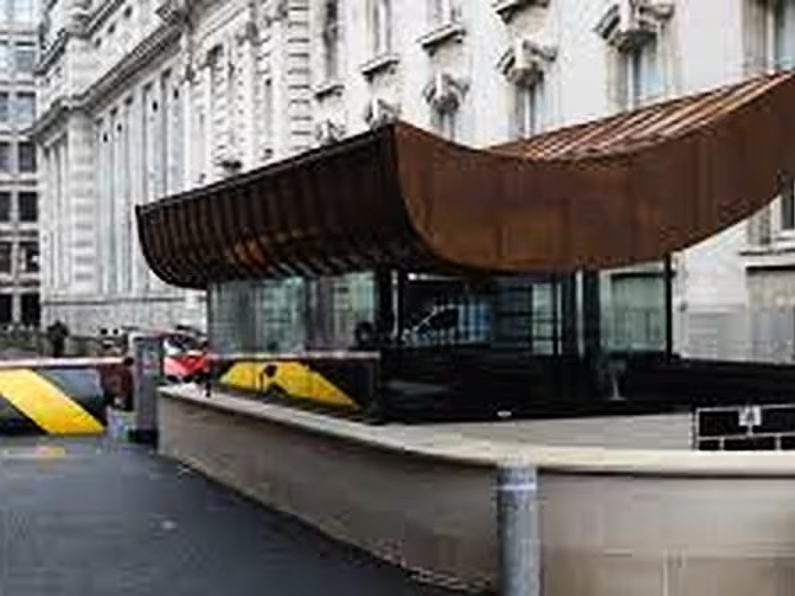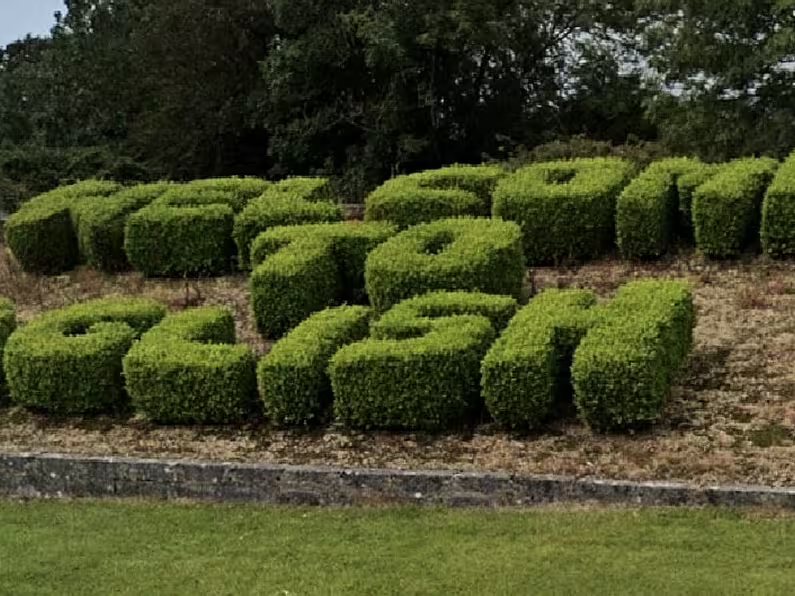
By James Ward, PA
Ireland’s Decade of Centenaries programme will aim to “broaden sympathies without having to abandon loyalties”, the Taoiseach has said.
The Government on Tuesday launched its new project marking key events in Irish history, in particular the events of 1912 to 1923.
These include events from the War of Independence, the Civil War, the Anglo-Irish Treaty and the foundation of the Free State.
Micheál Martin highlighted the need for sensitivity in commemorating some of the most divisive events in Irish history.
History cannot be a dehumanised, reductive, simplistic or self-serving narrative
He said: “The aim of commemoration should be to broaden sympathies without having to abandon loyalties.
“We share an island where contested history can be a barrier to mutual accommodation and the reconciliation necessary to our shared future.
“History cannot be a dehumanised, reductive, simplistic or self-serving narrative.
“And when we look back to a period of conflict, we must be especially careful to recall that history is the complex story of individual men and women, their lives, their flaws, their strengths, their struggle and their suffering, however they identified, whatever uniform they wore.”
New exhibitions
The Taoiseach was speaking from the National Museum of Ireland at Collins Barracks in Dublin, which will open a new permanent exhibition on 20th century Irish history in 2023, coinciding with the centenary of the foundation of the Irish Free State.
The Department of Culture is contributing €2.2 million in capital funding to the project's exhibition galleries which will offer visitors “an opportunity to reflect on significant events in Irish history over the last 120 years.”
The centenaries programme is being supported with a further €5 million for 2021, up from €3 million in 2020.
Chair of the National Museum of Ireland Catherine Heaney said the new exhibition would be developed with “ongoing engagement and dialogue with the public, and particularly those voices traditionally under-represented in narratives of our recent history.”
Culture Minister Catherine Martin said: “We are now in the most sensitive and complex period of commemoration, as the state marks the centenaries of the struggle for independence, partition, civil war, and the foundation of the state.
We can do this with self-confidence because the story of the foundation of the state and its institutions is a story of hope and optimism for today
“My responsibility is to ensure that these significant events in our shared history are remembered with an appropriate, meaningful, proportionate and sensitive programme which recognises the legitimacy of all traditions, and values mutual respect and historical authenticity.”
Tánaiste Leo Varadkar said: “We are all aware of the need to approach the upcoming centenary events with sensitivity, respect and appreciation for all the complexity of our history.
“We can do this with self-confidence because the story of the foundation of the state and its institutions is a story of hope and optimism for today.
“As we emerge from our own period of crisis and uncertainty, we can find much to guide us by commemorating, remembering and learning from the idealism, courage and self-sacrifice of the founding generation of men and women who helped make our state a reality.”
Women's programme
Dr Maurice Manning, chair of the Expert Advisory Group on Centenary Commemorations, said the State must “continue to strive for respectful, measured, non-partisan remembrance, which promotes peace and reconciliation across the island of Ireland.”
The new programme also includes two new exhibitions curated by the National Museum and the National Archives to mark the centenary of the signing of the Anglo-Irish Treaty.
New programmes led by the Irish Museum of Modern Art (IMMA) and the Crawford Art Gallery, alongside a new online women’s programme to highlight the contribution and experiences of women during this historical period, are also in store.
The full Decade of Centenaries Programme for 2021 can be viewed here.












